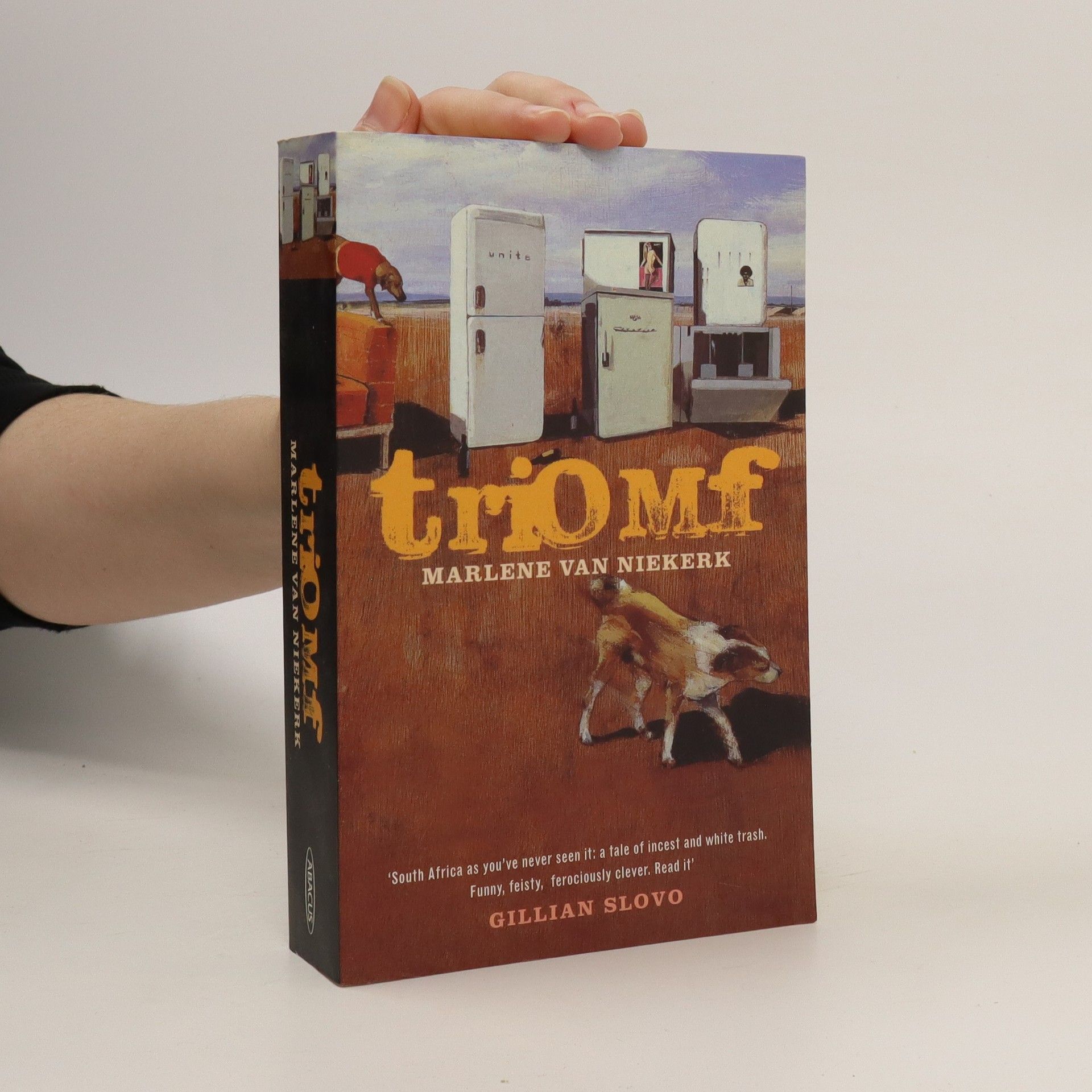Südafrika in den 90er Jahren: Milla Redelinghuys wartet auf den Tod. Durch ein Nervenleiden am ganzen Körper gelähmt, fällt es ihr schwer sich mitzuteilen. Ihre schwarze Haushälterin Agaat ist bemüht, ihr jeden Wunsch von den Augen abzulesen. Doch Agaat lässt die zum Schweigen verdammte Milla auch ihre neu erworbene Macht über sie spüren. Und hat eine diebische Freude daran. Denn da ist der alte Groll über jene Frau, deren Sohn sie großzog, die ihr aber den Zugang zur Familie verwehrte. Und deren Ehemann alle drangsalierte. Zumindest darin sind sich die zwei Frauen einig. Und während Milla die letzten fünfzig Jahre Revue passieren lässt, loten die beiden die Grenzen ihrer Beziehung aus. Und nähern sich dabei Stück für Stück einander an.
Marlene van Niekerk Bücher
Marlene van Niekerks Schriften tauchen in die harten Realitäten der südafrikanischen Gesellschaft ein und verweben soziale Kommentare mit tiefgründiger psychologischer Erkundung. Ihre Werke, oft grafisch und kontrovers, sezieren komplexe Familiendynamiken und gesellschaftliche Veränderungen mit unerschrockener Ehrlichkeit. Van Niekerk setzt meisterhaft eine Mischung aus rohem Realismus und poetischer Sprache ein, um zutiefst menschliche Wahrheiten aufzudecken. Ihre Charaktere, geboren aus zerrütteten sozialen Landschaften, ringen mit Identität und Zugehörigkeit in einer sich schnell verändernden Welt.


Triomf
- 592 Seiten
- 21 Lesestunden
This is the story of the four inhabitants of 127 Martha Street in the poor white suburb of Triomf. Living on the ruins of old Sophiatown, the freehold township razed to the ground as a so-called 'black spot', they await with trepidation their country's first democratic elections. It is a date that coincides fatefully with the fortieth birthday of Lambert, the oversexed misfit son of the house. There is also Treppie, master of misrule and family metaphysician; Pop, the angel of peace teetering on the brink of the grave; and Mol, the materfamilias in her eternal housecoat. Pestered on a daily basis by nosy neighbours, National Party canvassers and Jehovah's Witnesses, defenceless against the big city towering over them like a vengeful dinosaur, they often resort to quoting to each other the only consolation that they know; we still have each other and a roof over our heads. TRIOMF relentlessly probes Afrikaner history and politics, revealing the bizarre and tragic effect that apartheid had on exactly the white underclass who were most supposed to benefit. It is also a seriously funny investigation of the human endeavour to make sense of life even under the most abject of circumstances.